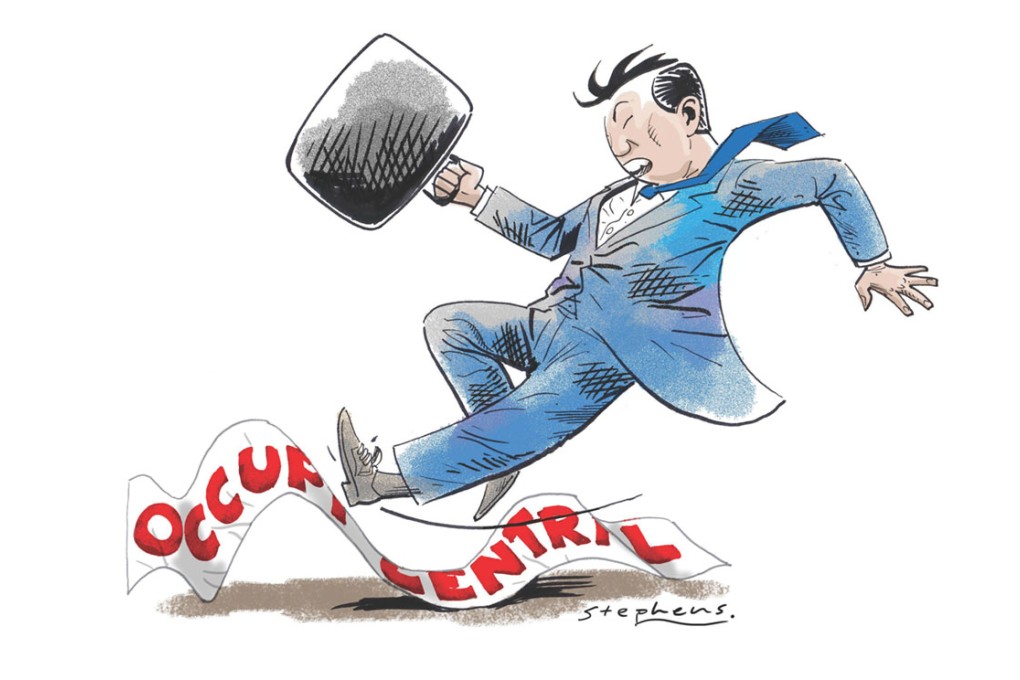Who's responsible for business losses - protesters or the government?
Rick Glofcheski says those contemplating suing protesters for loss of business should realise that such a claim would probably be futile and their energy would be better spent lobbying for a compensation fund

A travel firm is suing Occupy Central co-founder Benny Tai Yiu-ting for business losses suffered during the demonstrations. There may be others contemplating similar claims.
As a matter of legal and social policy, business losses that are not intentionally caused and inflicted on a targeted victim are not protected by civil law. Such losses are expected to lie where they fall. This is part of the give-and-take of living in a free society that follows market principles, in which no one is guaranteed a profit.
This must be so because there are so many factors that contribute to business success or failure. For this reason, it has long been established as a matter of law that there is no relationship of legal duty owed to business enterprises by members of the public, including those carrying out public demonstrations.
By way of example, an airline pilots' strike will surely result in losses to many businesses in the vicinity of the airport. Few would realistically expect that the pilots should be accountable to those businesses for any losses suffered. Industrial strikes are one of many features of a free market economy.
Moreover, where some businesses falter, others thrive in the same conditions. We would not expect McDonald's, Watsons Water and 7-Eleven (not to mention the many unnamed manufacturers of umbrellas) to hand back the windfall they have apparently enjoyed during the recent demonstrations.
There are other problems in any legal action for compensation. Some relate to causation. Who or what can be said to be the cause of such business losses? Let us consider some possibilities.
